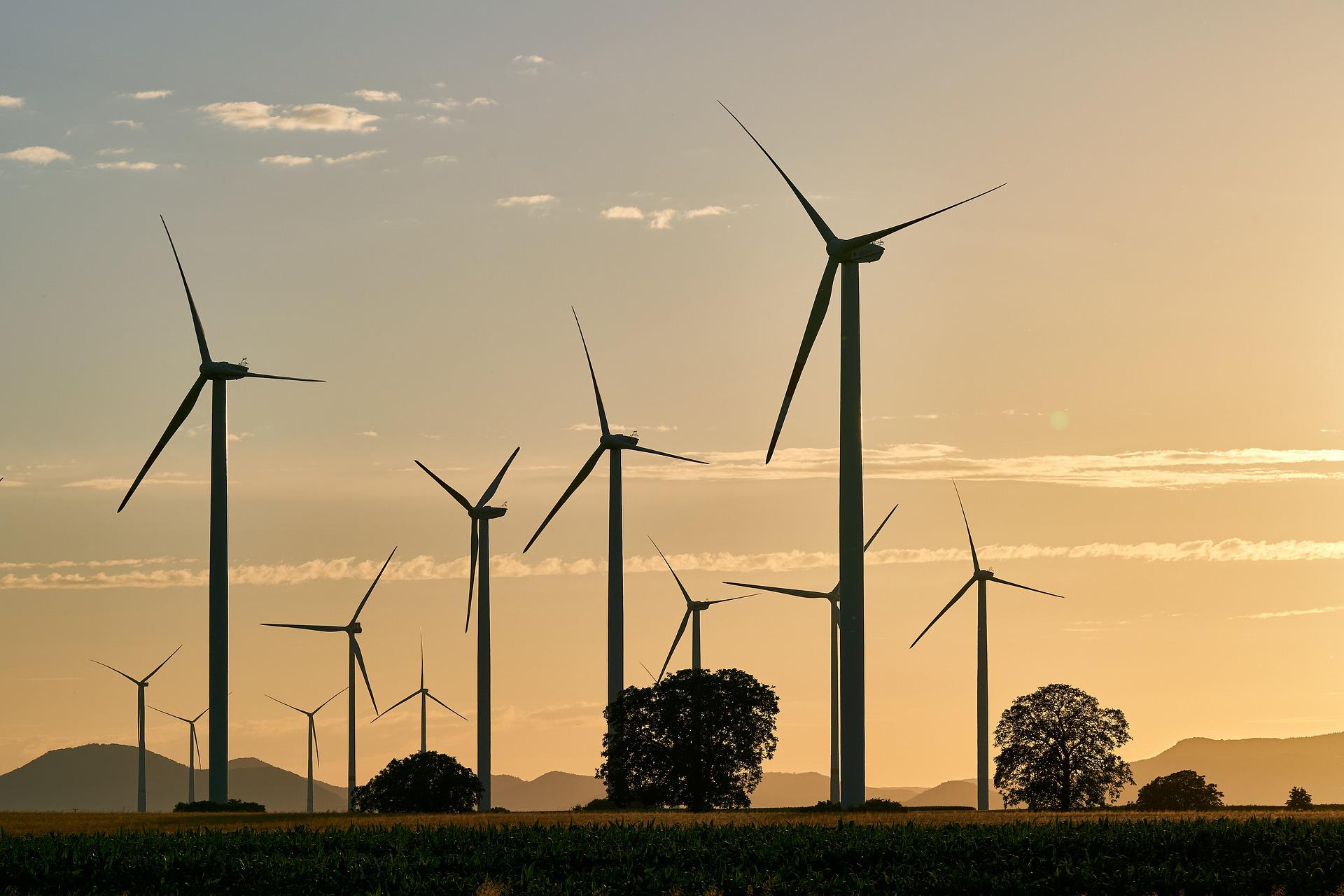The Inevitability of Climate Change
Climate change is a living reality for all of us now. The very existence of mankind and the flora and fauna that make up the earth, is endangered if we don’t take appropriate and necessary action to mitigate climate crisis now.
Efforts to minimize emissions, plastic waste, and the use of clean energy sources were disrupted by the sudden onslaught of the pandemic. Prolonged lockdowns, border closures, and social distancing measures did some good for the environment, but also had a parallel impact on the initiatives needed to realize countries’ nationally determined contributions under the Paris Agreement.
There was already a wide gap in countries’ climate financing needs and the amount put into it. This became worse amid the pandemic. A new WRI research covering 17 developing countries points to decrease in climate financing and delays in climate-related project implementation. Kenya reduced as much as 23% from their budget allocation to the Energy, Infrastructure and Information-Communication-Technology Department, which was required for mitigation actions critical to their NDC implementation.
In the upcoming Horasis Global Meeting “Toward a New Era of Peace and Sustainability”, we will discuss with global leaders from business, international organizations, governments, academia, and the media to share their views on how the world can chart a progressive and sustainable path.
Impacts of the Russia-Ukraine War on the Environment
The world had slowly come to terms with the pandemic and countries were charting a new path to recovery. But this progress looks threatened in the face of the war initiated by Russia on Ukraine. This sudden unprovoked war by a powerful nuclear-armed country on its small neighbor has disrupted world peace and turned the world order over its head.
There are two ways to look at how the Russia-Ukraine conflict has resulted in grave climate crisis. The first is the immediate impact of war on water, air and soil. And the other is the energy crisis it creates for countries dependent on Russia’s fossil fuels.
Evgenia Zasiadko, the head of the climate department at Ecoaction, a Ukrainian environmental advocacy group says, “the Pentagon database has recorded 1,200 [precision] missiles, and all of these missiles, bombs, and tanks contain waste.” She further adds that, “now and in the future, heavy metals will be in our groundwater and soil. We’re an agricultural country, and when it’s not an active war, I don’t know how we’re going to rebuild anything because it’s going to be polluted.”
Russian bombs have also targeted chemical plants in Ukraine, which has resulted in one such chemical plant in Sumykhimprom, to leak, leaving ammonia covering a radius of 2.5 kilometers. This will certainly contaminate groundwater supplies, the soil, and the wildlife.
Enormous amounts of greenhouse gas emissions have been released due to heavy destruction of oil and gas facilities in Kharkiv. The city of Mariupol has become unlivable due to heavy bombardment and extreme toxicity in the environment.
The Energy Crisis
Another area of concern is the rejig in the energy mix due to the sanctions called out by countries on Russian oil and gas. The European Union is underway to phase out its dependency on Russia’s fossil fuels. But it may be an uphill task considering the bloc is the biggest importer of Russia’s fossil fuels and depends heavily on it for its energy needs.
Replacing Russian oil will not be a worry for the EU bloc as there are other suppliers such as Saudi Arabia and UAE that can easily supply the needed oil to the bloc via shipments and roads. But the real worry lies in gas which will be needed to heat homes come winter. And although the EU can look for alternative suppliers for their gas needs, the viability of transporting it from the west to the east will be difficult.
Unlike oil which can be transported in its natural form, gas will need to be either transported using pipelines or in their liquefied forms via sea. And both these processes will involve high dependency on fossil fuels such as coal and oil, further endangering the climate crisis. And what is further disturbing is the plan by the EU to ship its natural gas needs from countries such as the US that extracts its gas through fracking which is a more environmentally destructive form of production.
Promising Signs
However, amid all the gloom, there are also some positive outcomes that have emerged from this crisis. Russia’s aggression has acted as the perfect recipe for countries to shift their energy strategy from fossil fuels to renewable energy sources in the long run. Although countries will still depend on fossil fuels to meet their energy needs in the short-term; the move to green energy and climate change control has begun.
Photo Caption: The Russia-Ukraine war has further highlighted the need for countries to harness their renewable energy sources.




